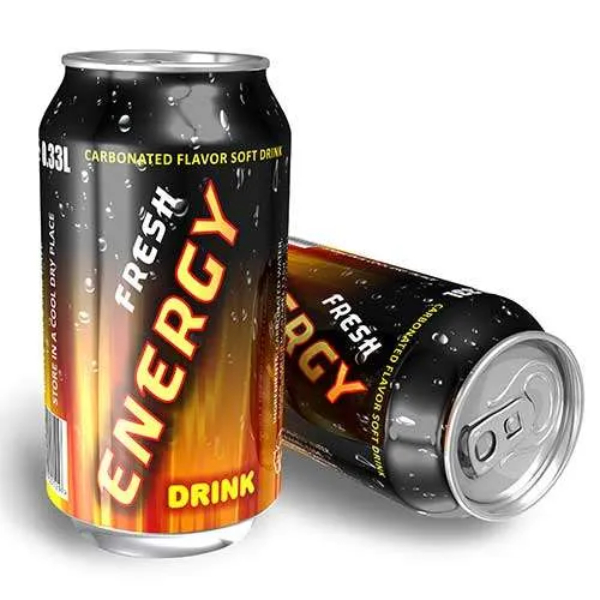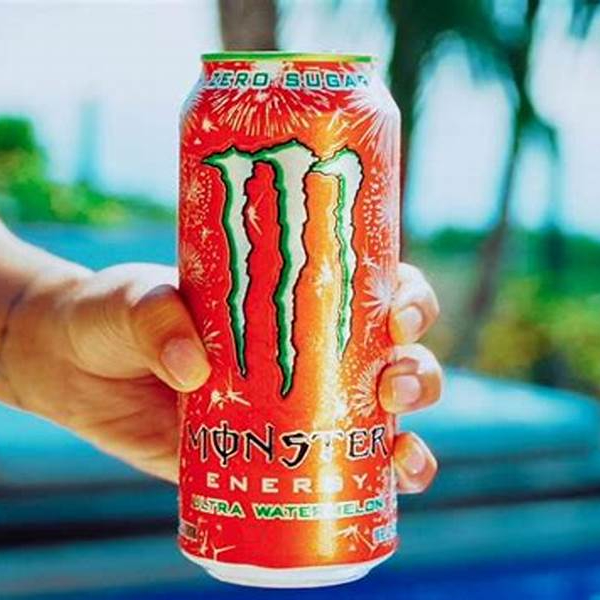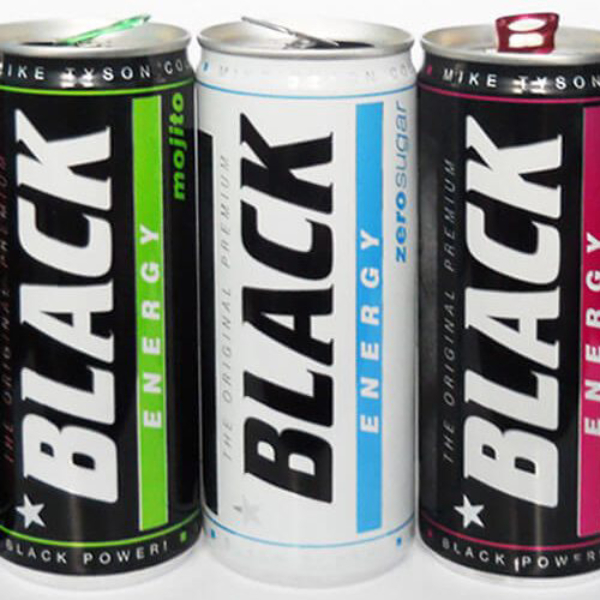Understanding Energy Drinks
The Popularity of Energy Drinks
Energy drinks have surged in popularity, especially among young adults and athletes. People often consume these beverages to improve their focus and endurance during workouts. Many believe that these drinks provide a quick solution to fatigue. However, the ingredients in energy drinks raise concerns. They often contain alarming levels of caffeine and sugar, which can negatively affect health. Consequently, consumers should be more aware of the potential risks associated with these popular beverages. Studies have shown that excessive sugar intake can lead to obesity and diabetes. Therefore, individuals should consider the long-term health effects of relying on energy drinks for quick boosts. Energy drinks can raise blood pressure due to high caffeine levels, posing additional health risks. Consumers must consider these potential effects alongside the risks of sugar consumption.

Health Risks and Blood Pressure
Research indicates that high caffeine intake can lead to elevated blood pressure levels. This becomes more concerning when people consume energy drinks regularly. Many individuals may not realize how much caffeine these drinks contain. Additionally, stimulants in these beverages can increase heart rate and cause anxiety. As a result, people may experience significant fluctuations in their blood pressure. Health professionals have started advising caution regarding energy drink consumption.
They emphasize the importance of understanding individual tolerance to caffeine. Furthermore, individuals with pre-existing heart conditions should exercise even more caution. Consequently, moderating or avoiding energy drinks can be a wise choice. Staying informed about these beverages helps consumers make better health decisions. Overall, awareness of the potential risks is crucial for maintaining optimal health. While energy drinks do not contain sperm, it’s essential to understand their effects on health. Moderation is key to avoid potential risks associated with these beverages.
The Role of Caffeine
The Role of Caffeine in Energy Drinks
Caffeine serves as a primary ingredient in many energy drinks. It helps improve alertness and enhances physical performance. Many people rely on these drinks to combat fatigue and boost productivity. However, they often overlook the potential health implications of caffeine consumption. Research shows that caffeine can temporarily increase blood pressure in various individuals. This effect occurs more prominently in those who infrequently consume caffeine. Thus, energy drinks can significantly impact certain consumers, especially those with existing health issues. While energy drinks can boost alertness, they may also lead to digestive issues for some, raising the question: do energy drinks make you poop? The caffeine could be a factor.
Health Risks of Elevated Blood Pressure
While the increase in blood pressure is usually brief, it can still cause concern for some individuals. Those with hypertension or sensitivity to caffeine should be especially cautious. Even short-term spikes can trigger adverse reactions in vulnerable populations. Consequently, consumers need to monitor their caffeine intake, especially if they choose energy drinks regularly. Staying informed about personal health and limits can prevent potential risks. Balancing the desire for quick energy with health awareness becomes essential. Thus, people should weigh the benefits against possible health dangers before indulging. Careful consideration allows consumers to enjoy energy drinks while managing their well-being effectively.
Sugar and Blood Pressure Effects
The Impact of Sugar on Blood Pressure
Many people enjoy energy drinks for their quick boost of energy. However, they often overlook the high sugar content in these beverages. Research shows that excessive sugar intake plays a significant role in weight gain. Weight gain commonly leads to obesity, which is a critical risk factor for elevated blood pressure. Moreover, sugar-laden drinks can result in substantial fluctuations in blood glucose levels. These fluctuations can create a cycle where the body struggles to manage insulin effectively, leading to insulin resistance. As insulin resistance worsens, it can further complicate blood pressure regulation in the body.

Health Risks of Energy Drinks
In addition to raising blood pressure, energy drinks can contribute to various health issues. The combination of high sugar and caffeine can increase the risk of heart disease. Many individuals may experience heightened anxiety or palpitations after consuming these drinks. Furthermore, the immediate energy boost often leads to a subsequent crash in energy levels. This crash can lead people to reach for more energy drinks, perpetuating the cycle. To maintain overall health, individuals should limit their consumption of these sugary beverages. Instead, they can opt for healthier alternatives like water or herbal teas. Making mindful choices can effectively support better blood pressure management and overall well-being. The long-term benefits of reducing sugar intake will outweigh the short-term appeal of energy drinks.
Individual Variations in Response
Individual Reactions to Energy Drinks
People respond to energy drinks in different ways. Some may experience a boost in energy, while others might feel jittery or anxious. Certain factors influence these reactions, including health conditions and lifestyle choices. For instance, someone with a history of hypertension may face heightened risks when consuming energy drinks. As a result, these individuals should be cautious and consider their health before indulging. Additionally, one’s genetic makeup plays a crucial role in how energy drinks affect blood pressure levels. Understanding these personal variables helps consumers make informed choices about their caffeine intake. Drinking energy drinks on an empty stomach can lead to heightened jitteriness and anxiety. It’s essential to consider individual health and lifestyle when consuming them.
The Importance of Health Awareness
Awareness of personal health status encourages better decision-making. Individuals should evaluate their blood pressure and overall well-being before consuming energy drinks. Regular check-ups with healthcare providers can provide valuable insights into one’s health. Furthermore, lifestyle factors, such as diet and exercise, also contribute to how energy drinks impact the body. A balanced diet and regular physical activity may reduce the risks associated with energy drink consumption. Therefore, maintaining an active lifestyle can mitigate potential adverse effects. Ultimately, knowing one’s health and making conscious choices can enhance safety when consuming energy drinks. By considering all these factors, individuals can enjoy their favorite beverages while minimizing health concerns.
The Combined Effects of Other Ingredients
The Ingredients of Energy Drinks
Energy drinks often include various stimulating ingredients beyond caffeine and sugar. For instance, many brands contain taurine, guarana, and ginseng. These substances can heighten the effects of caffeine, leading to a more significant energy boost. However, this combination can pose health risks. Increased stimulation may lead to a sharper rise in blood pressure. Research indicates that mixing these ingredients with caffeine creates a compound effect on the cardiovascular system. While consumers seek heightened alertness and energy, they might unwittingly jeopardize their health. Understanding the full spectrum of ingredients can help individuals make informed choices. Therefore, it’s crucial to read labels closely and recognize the potential risks involved.
Health Implications
The implications of consuming energy drinks are particularly important for individuals with pre-existing health conditions. Those with high blood pressure should approach these drinks with caution. The combined stimulatory effects of caffeine and other ingredients may exacerbate their condition. Moreover, healthy individuals are not immune to these risks either. Regular consumption of energy drinks can lead to unpredictable spikes in blood pressure, potentially straining the heart. Furthermore, the long-term effects of these combinations remain unclear, and more research is needed. However, some studies suggest a correlation between high energy drink consumption and cardiovascular issues. As such, people should limit their intake and consider safer alternatives for energy and focus. Staying informed about how different ingredients interact may significantly benefit consumers’ health decisions. By prioritizing safety, individuals can enjoy energy-boosting options without the associated risks.

Recommendations for Moderation
Given the potential risks, moderation is essential. Can energy drinks raise blood pressure if consumed in moderation? While occasional consumption might not lead to significant issues, habitual intake poses a risk. Health professionals often suggest limiting energy drink consumption, especially for individuals with pre-existing health conditions. Maintaining a healthy lifestyle may help reduce the adverse effects associated with these drinks.
Monitoring and Professional Guidance
Health monitoring becomes critical when consuming energy drinks. Can energy drinks raise blood pressure without individuals being aware? Many people may experience elevated blood pressure without obvious symptoms. Regular monitoring can help identify changes in blood pressure levels. Consulting with health professionals also offers tailored advice based on personal health needs. Doctors can provide guidance on safe consumption levels and recommend alternatives.
Conclusion: Making Informed Choices
So, can energy drinks raise blood pressure? The answer is a resounding yes, especially in certain populations. As awareness grows about the health risks associated with energy drinks, consumers should make informed choices. Recognizing personal health conditions, understanding ingredients, and consuming these beverages mindfully can help individuals mitigate potential risks. Staying informed promotes better health and well-being in a world increasingly reliant on quick energy fixes. Always prioritize health over temporary energy boosts.